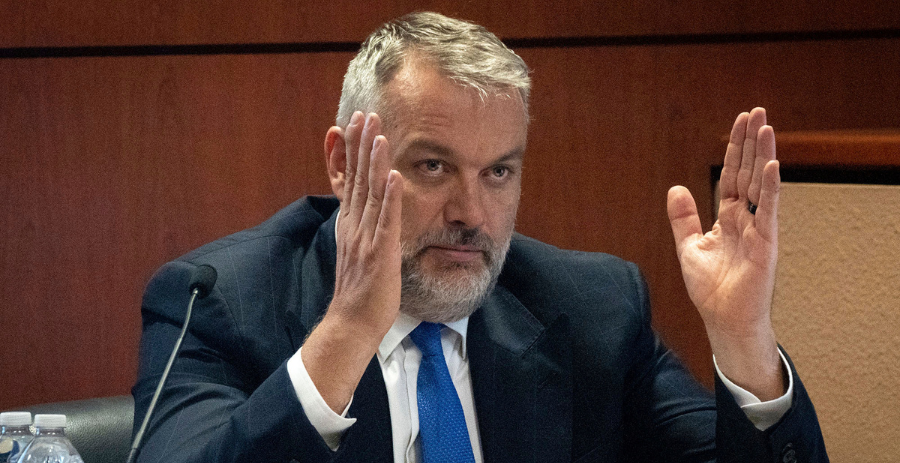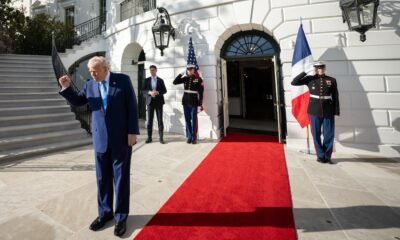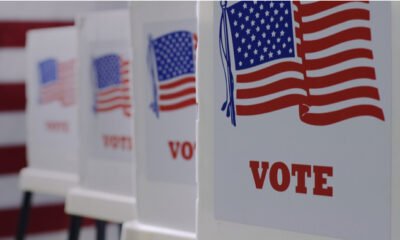2024 Election News
Campaign Finance Laws Cast a Shadow on Election Challenge Funding

Arizona’s campaign finance landscape is witnessing scrutiny as the state grapples with opaque legal expense reporting for candidates. In contrast, federal candidates must adhere to stringent reporting standards set by the Federal Election Commission (FEC).
A noticeable gap exists between the state and federal frameworks, raising questions about the transparency of funding for electoral litigation. While some in Arizona’s Legislature acknowledge the issue, it has yet to prompt widespread concern from either political party.
As new rounds of election-related lawsuits approach, the debate around the necessity of financial disclosure continues. Experts argue that there is little legal obligation for candidates to report funds used for legal fees, positioning them outside the scope of state campaign finance laws.
The legal contours of campaign finance in Arizona stipulate that expenses incurred for legal defense are not classified as contributions. This interpretation allows unlimited financial support from any source to cover litigation costs without mandatory disclosure.
This exemption traces back to a 2011 opinion by former Attorney General Tom Horne, who clarified that funds designated for legal expenses tied to candidate petition challenges do not meet the legal definition of a campaign contribution. Horne emphasized that while public funds cannot be used for legal costs, private sources can contribute to defense funds.
A further legislative revision in 2016 solidified this exemption, allowing candidates to bypass reporting altogether regarding contributions for legal matters. While some candidates choose to establish formal legal defense funds, others may opt for informal arrangements.
For instance, gubernatorial candidate Kari Lake created the Save Arizona Fund to finance her challenge against the outcome of the 2022 gubernatorial election. Conversely, her opponent, Attorney General candidate Abe Hamadeh, has opted not to set up a dedicated legal fund, directing contributions instead for his election contest defenses.
Both Lake and Hamadeh continue to face financial burdens from litigation operating in front of the Arizona Supreme Court. The court previously sanctioned Lake’s legal team, ordering them to pay $2,000, while Hamadeh incurred a $55,000 penalty to cover opposing legal fees.
On a broader scale, federal campaign finance laws necessitate candidate disclosure for legal funding, with the FEC mandating that such expenses must directly relate to campaign activities. This approach provides clarity on how funds are utilized in legal matters and ensures accountability.
Lake, as part of her Senate campaign, has reportedly spent $89,605 for legal consulting from a prominent law firm linked to former White House counsel. Additionally, she directed $190,000 toward the National Republican Senate Committee’s legal account. In comparison, her Democratic opponent Ruben Gallego has allocated $72,980 on legal services, primarily to two law firms.
Candidates often rely on national party committees, which have higher contribution limits compared to individual candidate committees. Since January, the RNC has disbursed significant funds for various legal fees, mirroring similar expenditures by the DNC.
Furthermore, legal expenses may also be covered by political action committees or supported through nonprofit organizations with specific IRS designations that affect the nature of their contributions.
As the political landscape continues to evolve, forthcoming campaign finance reports may shed more light on current legal funding practices. However, concerns remain regarding the ease of circumventing transparency through voluntary disclosures.
Critics argue that Arizona’s lenient regulations on legal expense exemptions may allow for undisclosed financial interactions between candidates and donors, enabling potential quid pro quo arrangements and compromising electoral integrity. As articulated by the Campaign Legal Center, current regulations could undermine public trust by fostering an environment rife with hidden influences.
Legal experts are divided on the implications of such loopholes, with some cautioning against over-regulation that might limit legitimate access to legal defense funds. Ultimately, the discourse surrounding campaign finance and legal expenses will likely persist as candidates navigate an increasingly complex electoral environment.


















